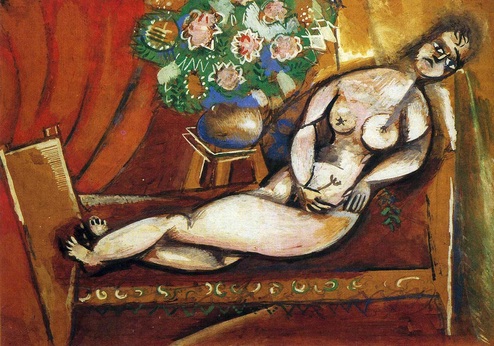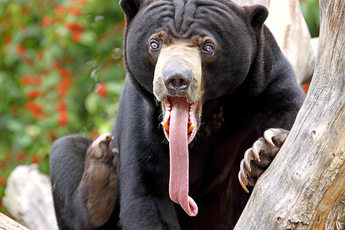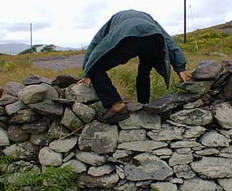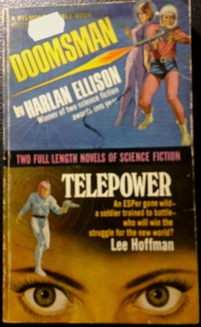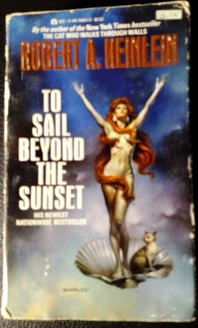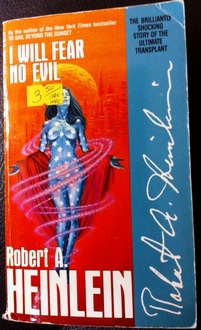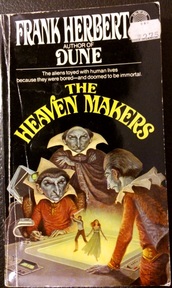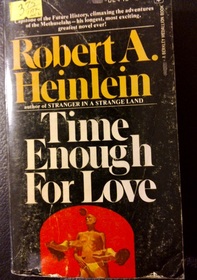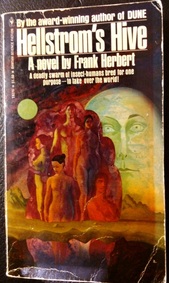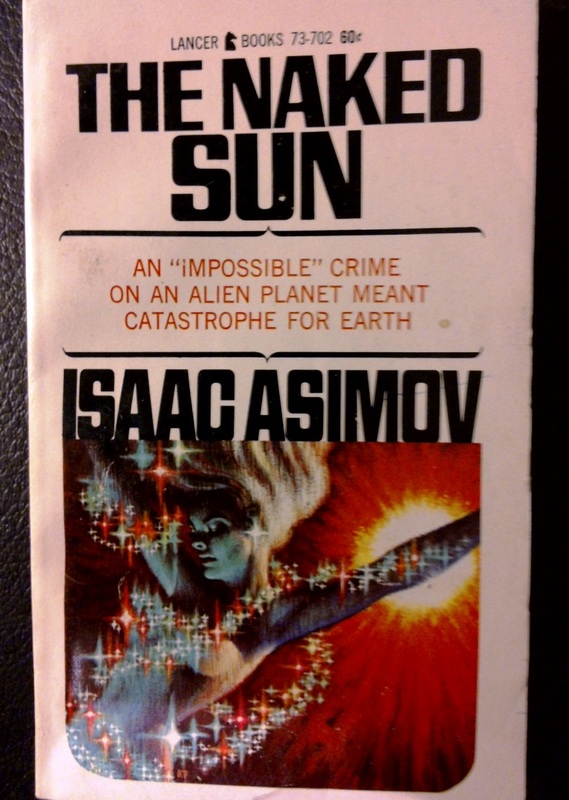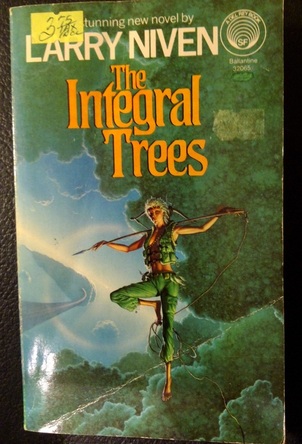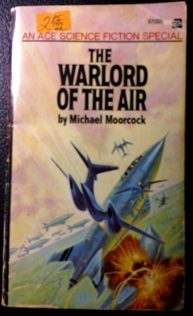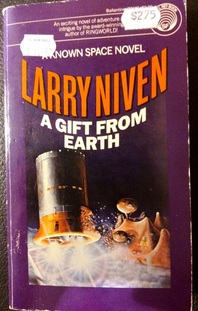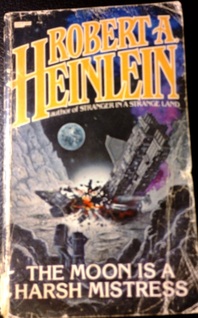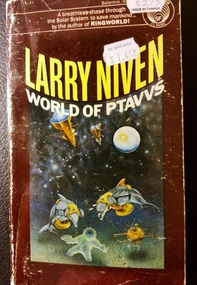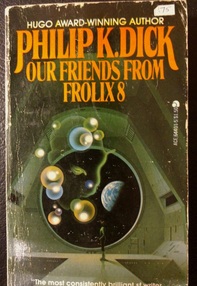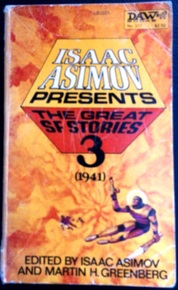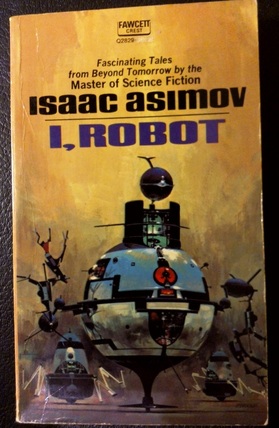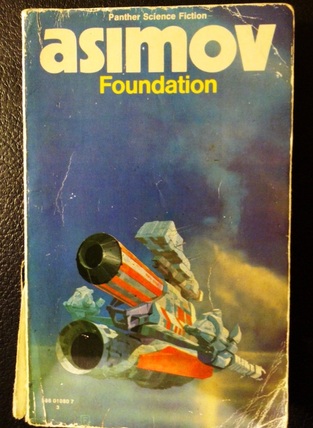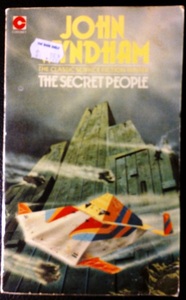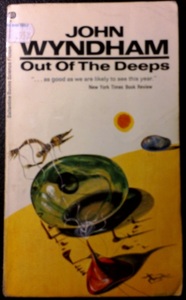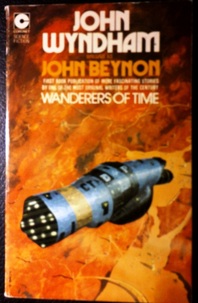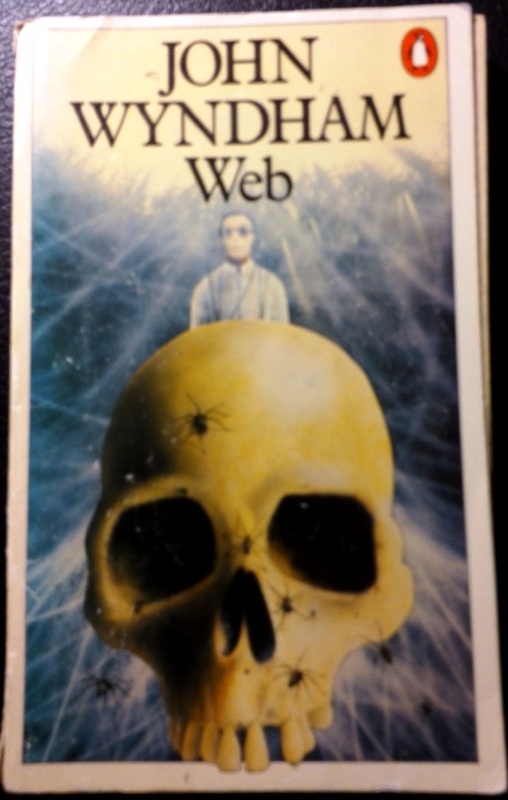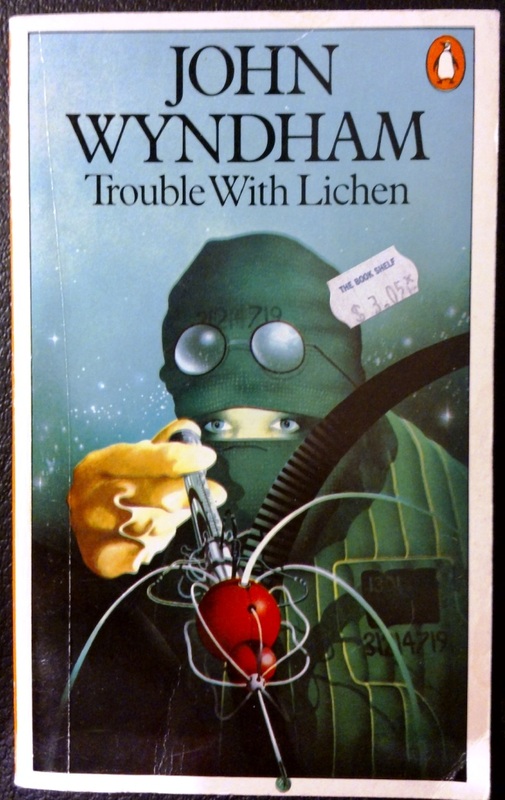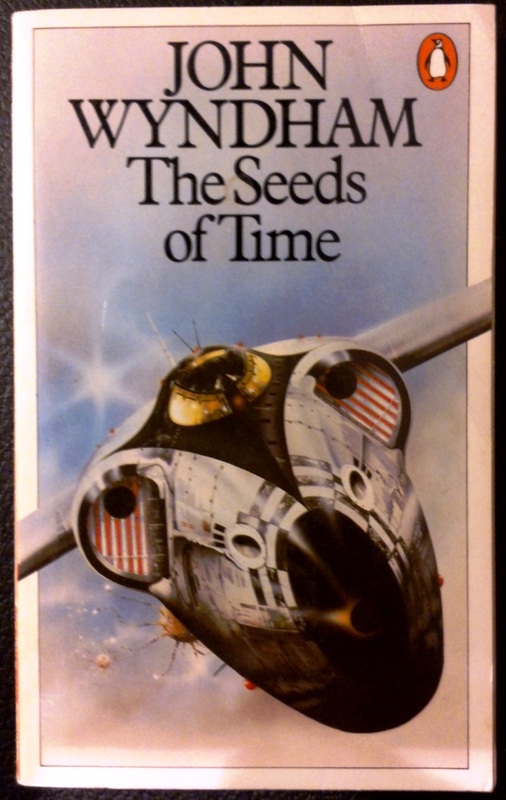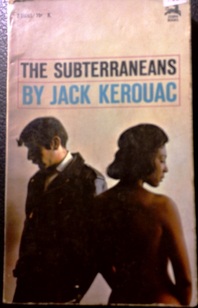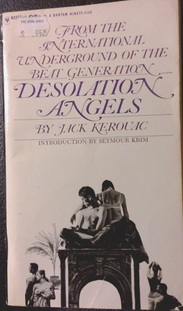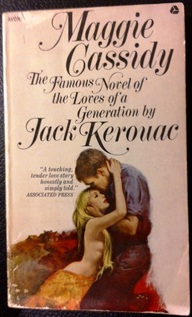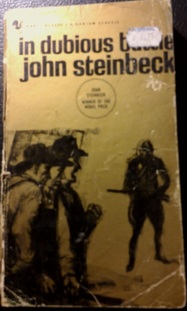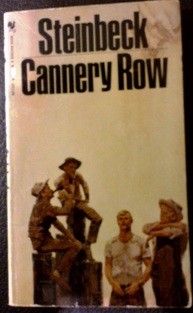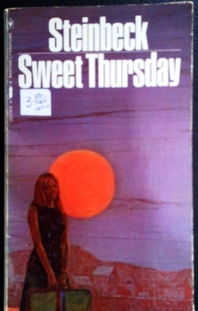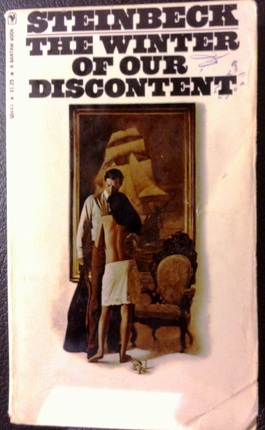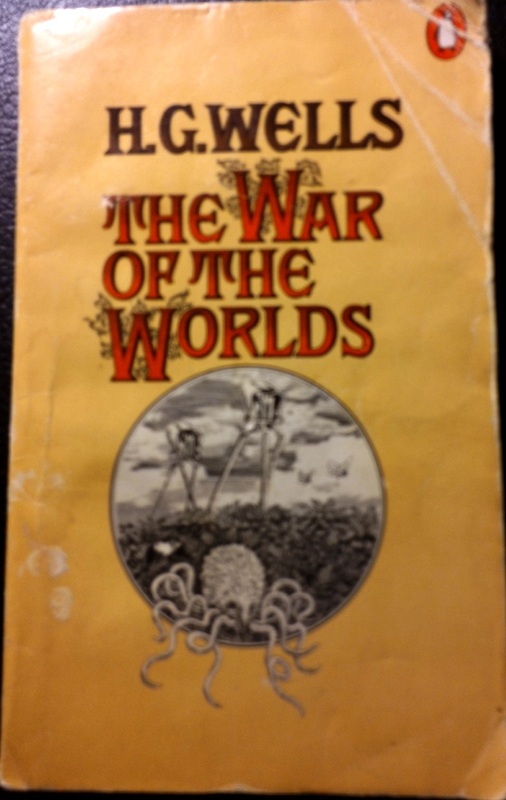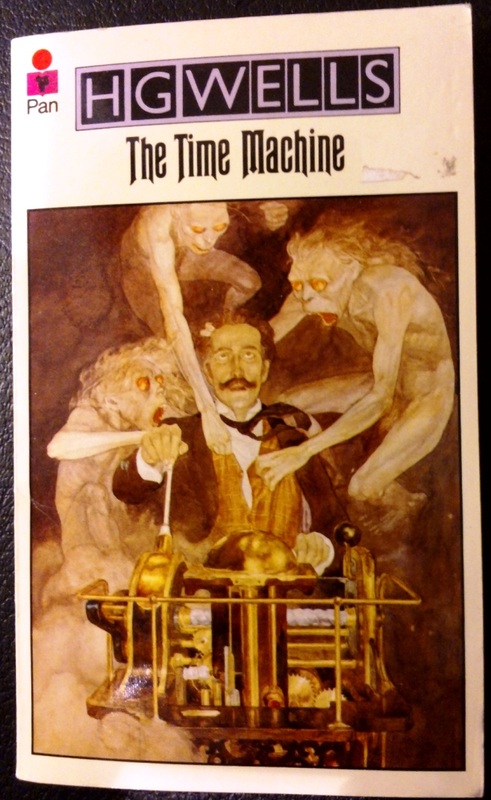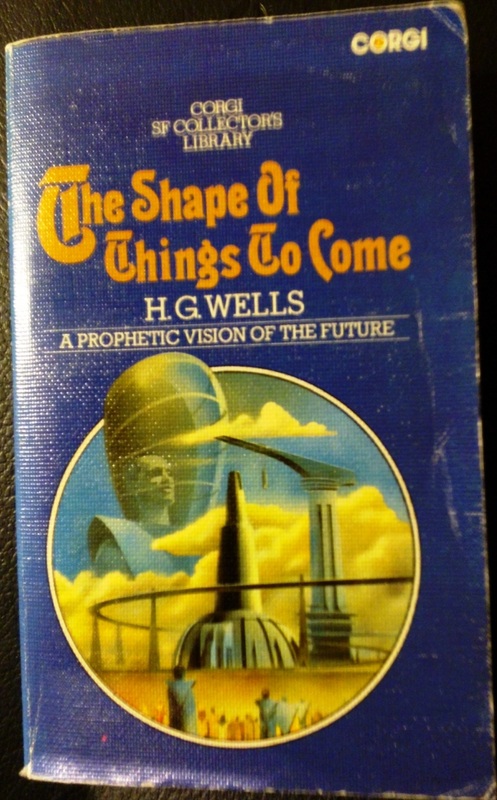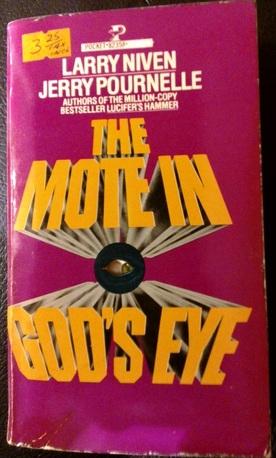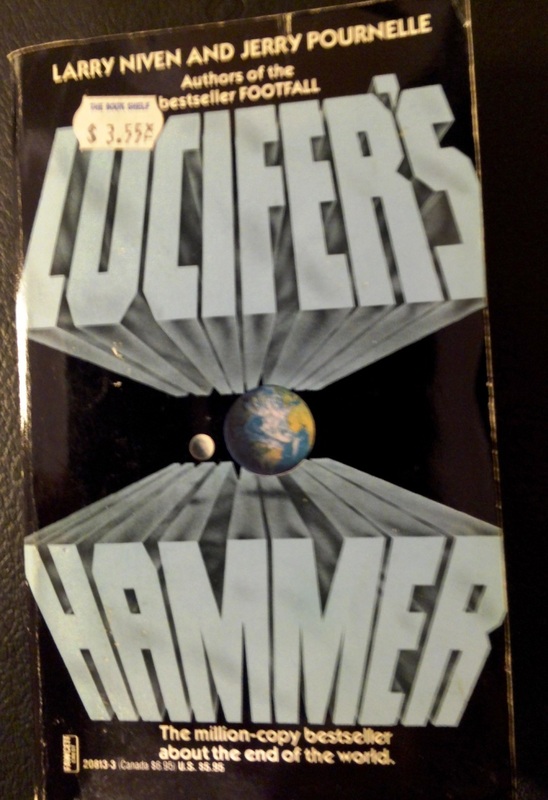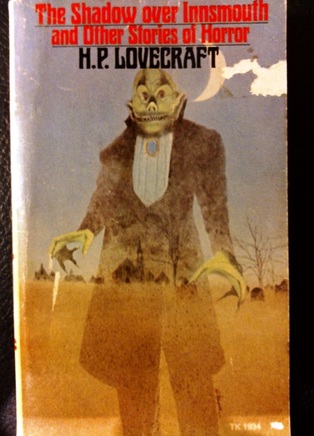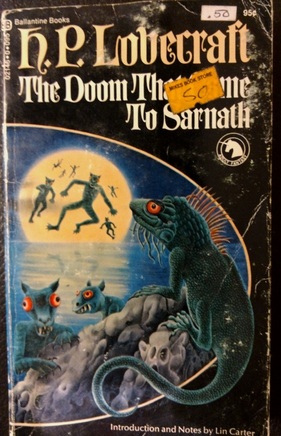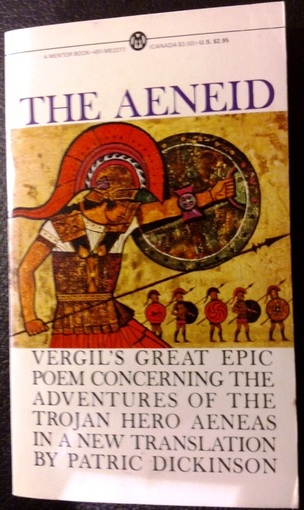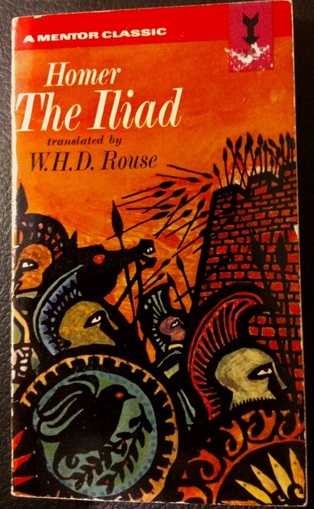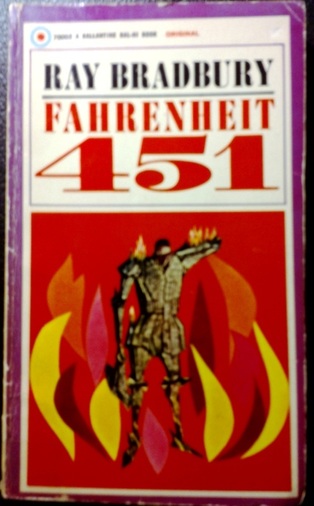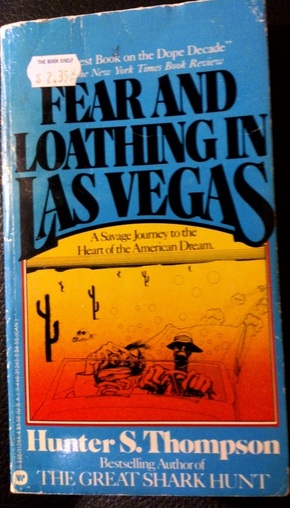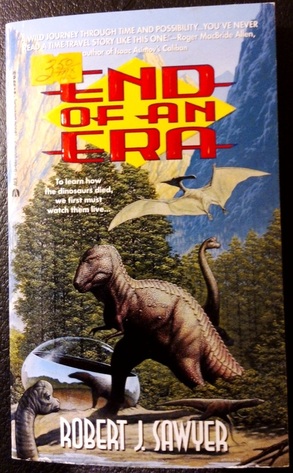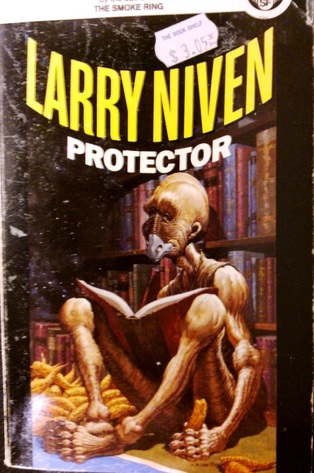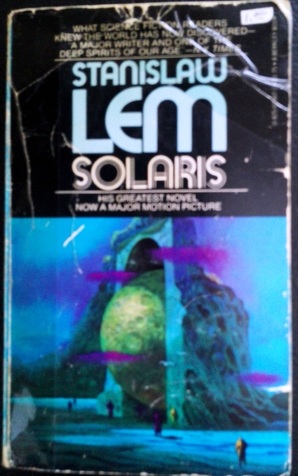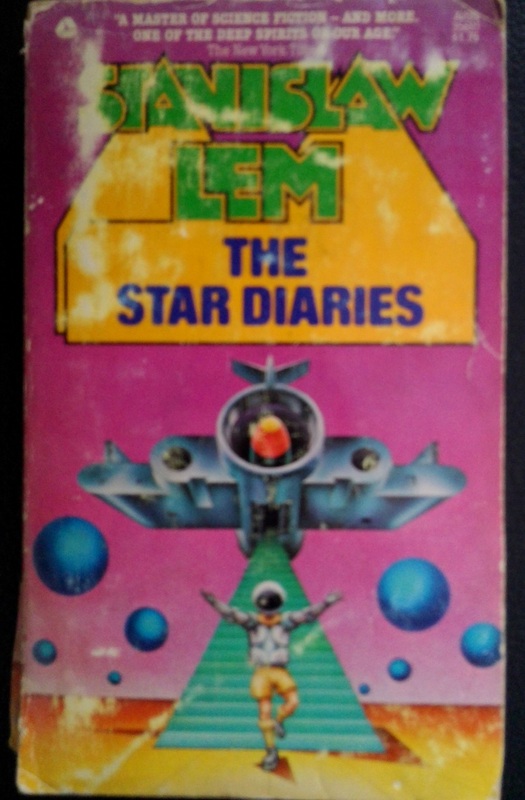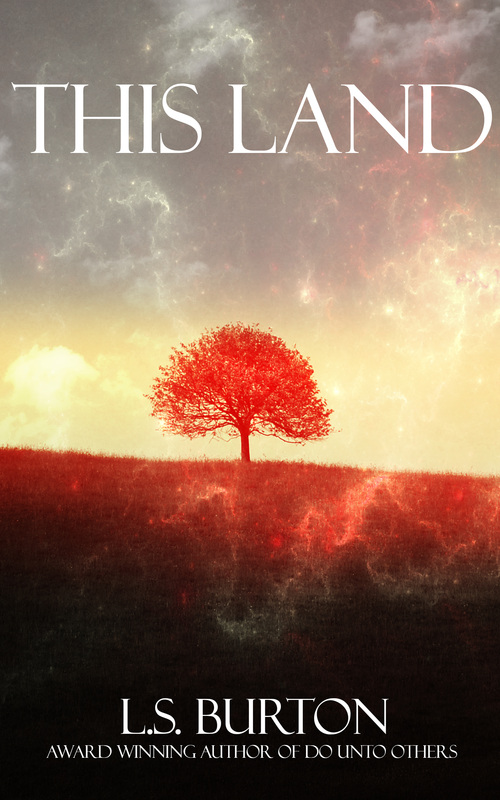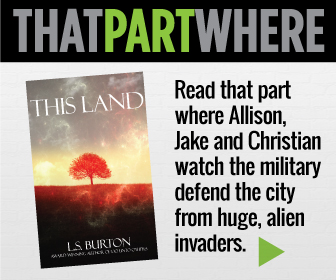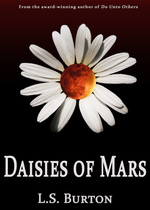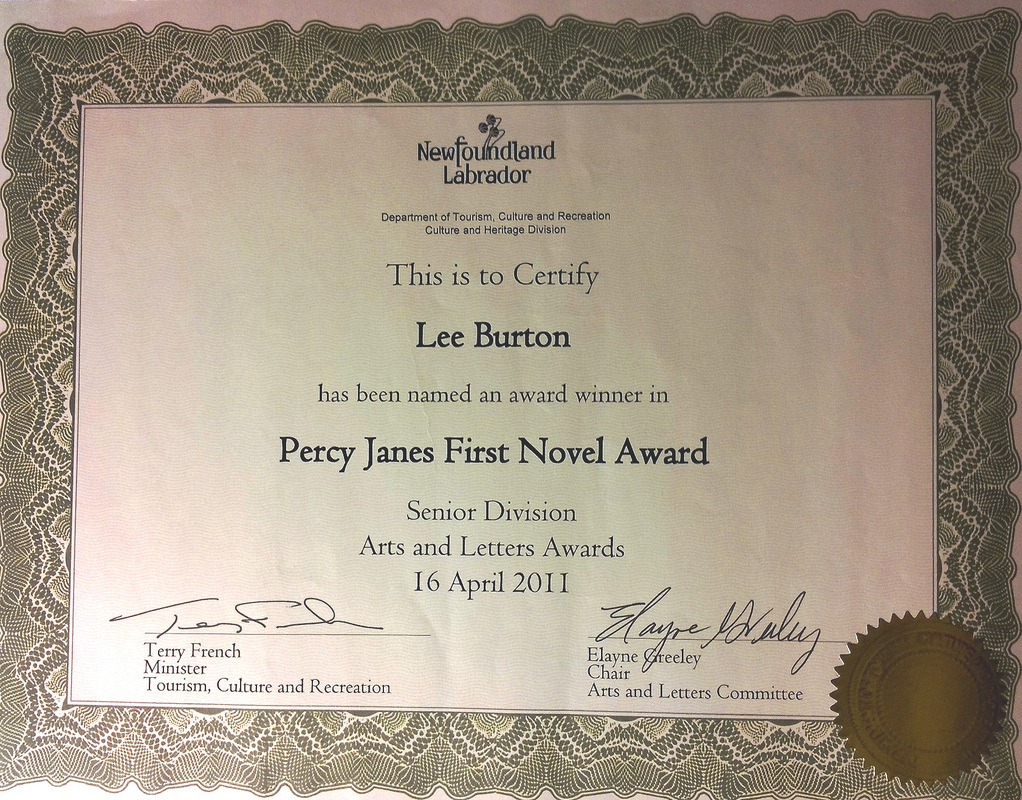|
Lately I've been privileged to be in the company of some fine quality writers, a few of whom I'll be happy to showcase on weekends. Enjoy. From Best-Selling Author, Russell Blake Free Today Only 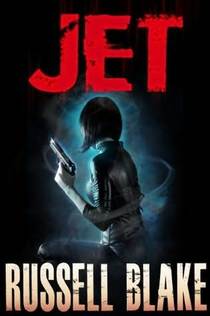 Click for more. Code name: Jet Twenty-eight-year-old Jet was once the Mossad's most lethal operative before faking her own death and burying that identity forever. But the past doesn't give up on its secrets easily. When her new life on a tranquil island is shattered by a brutal attack, Jet must return to a clandestine existence of savagery and deception to save herself and those she loves. A gritty, unflinching roller-coaster of high-stakes twists and shocking turns, JET features a new breed of protagonist that breaks the mold. Fans of Lisbeth Salander, SALT, and the Bourne trilogy will find themselves carried along at Lamborghini speed to a conclusion as jarring and surprising as the story's heroine is unconventional. “ Well written fast paced action book. ” RUTH DODD | 50 reviewers made a similar statement
Kate Aaron 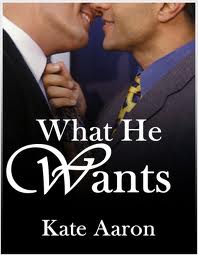 Click for more. Christo's life fell apart when his partner of eight years walked out on him. There wasn't even a reason for it: sometimes love just fades, as quickly and mysteriously as it appears in the first place. Enter Damien. Damien's the guy with a different man on his arm for every event, he's smooth and arrogant and always impeccably turned out. Christo hates him. But God, he's gorgeous. Damien could be exactly what Christo needs to get him over John. It's only going to be a fling. Nothing serious, nothing that will affect their working relationship or the rest of their lives. So why are they fighting through the night rather than letting go and walking away? Why does Damien's secretive nature bug Christo so much? And why does he even care that the other man might not be as tough as he pretends to be? CONTENT WARNING: This book contains explicit scenes unsuitable for those under 18.
But hey, I have another day or so until I'm finished my next blog post, and so have a gaping huge white space here on my blog. A torture, the blank pages. They mock me and hide in my closet at night. No matter how many shows of Doctor Who I watch, they're still there. I guess I'll have to take care of it by myself, Tardis-less. Now where did I put my sonic pencil? So anyway, here's an interview I did for We Write Worlds last year. I'll add some pictures shortly, perhaps scandalous ones. Here's a suggestion: Turn the interview into a drinking game. When I sound pompous, that's one shot. When I plug my own books, you chug a beer. If you end up thinking, Oy, I wanna smack this little sock-puppet right in the chops ... well, perhaps it's time to stop reading it as a drinking game and go for a nice lie-down while I surreptitiously sneak out the back. Mind you, that impulse would verify that you were reading closely. Allons-y!
As early as seven, I said I would be a writer when I grew up. I wrote a lot during junior high. I wrote every day in high school. Of course in high school I wanted to be a poet, and I have many old notebooks still sitting in my old room at my parent’s house that I need to burn someday. For a while I let myself be convinced that writing was not a viable career path (That may, unfortunately, yet prove to be true). I studied English in university until I dropped out after two years. Then I got a science degree in Anthropology, studying Osteology and Archaeology, until I realized I would, at best, be a mediocre archaeologist, and that simply wasn’t good enough. One day I decided I would write, and that was that. At the time I was living in a bush camp a hundred miles from civilization in the north of British Columbia. I still remember the exact moment when, in the middle of the forest, I stood up, looked around, decided I wasn’t going to go back to do an archaeological thesis – I would write instead – and I was happy. At the end of the summer, I returned home and wrote a terrible novel.  Scandalous photo #1 2: How many books have you written? I have completed three books. I have two in states of undress. My first novel remains untitled, best left buried in my bookshelf. It was a compilation of true hitchhiking stories to a fictional place, tales that I had either experienced myself, or compiled from the experiences of people I knew. My second novel was A String of Momentary Silences, which is the only novel-length piece I currently have available through Amazon and Smashwords, about a man who decided to step off the hamster wheel of his dreary life. He stutters rather badly and hates his existence, and decides he’d be better off never speaking to anybody ever again. After he does that, life is easier for him, and he explores his world as an unspeaking individual. He meets a fellow who runs the puppet show at the local market, a man who also doesn’t speak, and the two become friends. Meanwhile he meets a woman online, and struggles with wanting to tell her that he can talk to her as he feels terrible lying to her with his silence. A String of Momentary Silences is not a long novel, but I always have trouble describing it. My third is unfinished Twice Against the Same Stone, about a woman nearing her golden years, but who’s lived a bit of a criminal life, and she’s trying to make amends for her many mistakes. My fourth is Raw Flesh in the Rising, about a man exiled to the leper colony on the Hawaiian island of Molokai in the late 1800s. There, the one healthy man among the sick, he becomes the leper among the lepers. My fifth, and current work in progress, is where I relinquish my grip on five-word titles. Systematic Rube, my first non-fiction book, is a rough outline of the silviculture industry as it represents rite of passage in Canada. I received a grant from the Newfoundland and Labrador Arts Council to work on Systematic Rube in the spring of 2011. 3. What inspired you to write your (latest) book? My latest book is Systematic Rube, exploring tree planting as rite of passage in Canada. It was not born from inspiration; rather it is a child of exasperation. I spent thirteen months, working every day, writing Raw Flesh in the Rising. Then I spent sixteen months editing , every day, seven hours a day. I didn’t work for those two years; I wrote. Six months into editing I needed a break. I wanted to write – firstly – something new, and – secondly – something fun. I had learned so much from writing Raw Flesh in the Rising. I wondered what my first person writing would look like. One day I sat down and began to write, cataloguing my favorite stories from my years working in the forests of British Columbia. At the time, thematically, it was very free-flowing. Having since gained purpose, it has become regimented and directed, though I still love working on it as I can do anything I want as long as I stay within the boundaries I’ve set for myself. 4. What is your favorite genre to read? I read roughly equal amounts of literary fiction and science fiction, and then a smattering of fantasy, history, and science writing. If it’s well written, engaging, and/or introduces me to new ideas and concepts, I’m game to read it. 5. Is your writing style at all influenced by those of your favorite authors? My style is influenced in different ways by different authors. Firstly, stylistically, I love writers with a flair for language, such as Jack Kerouac, Louis Ferdinand Celine, Henry Miller, Allen Ginsberg, Herman Melville, Thomas Wolfe, and others. I first fell in love with Kerouac when I was sixteen. I read On the Road, decided it was over-hyped, and set it aside. Back then, however, I would read every book twice; only by reading it twice, I had decided, could I truly get a good grasp on the flavor of the book. I finished On the Road for the second time two days later, and already I was in love. The man was a genius with language. To think that everything he wrote is a first draft still blows my mind. Steinbeck is my favorite conventional author. His stories capture straightforward characters doing everyday things – and they are stories told simply as well – yet they add up to an amazing thematic complexity which I love. Very powerful. I won’t say I’ve been influenced by either. More like inspired and admired. In the end, they are benchmarks. 6. Which is your favorite book that you’ve written? My favorite book, to this point, has to be Raw Flesh in the Rising. I spent two years writing and editing the novel to my satisfaction, crafting everything the way I wanted. Then, when I was finished, I cut 50,000 words out of it. To say that any other novel was my favorite would be a harsh pill to swallow at the moment. Luckily, it’s paid off. In 2011, I won the Percy Janes First Novel Award for Best Unpublished Novel in the NL Arts and Letter’s competition. I’m currently shopping the book to publishers. I should probably flash this around more often while I still hold the award: http://www.tcr.gov.nl.ca/tcr/artsculture/artsandletters/2011/lee_burton.pdf 7. What is your opinion of the art of writing?
Writing is an art like any other. One can be an artist who understands every facet of the history of his art and how his own work relates to all the other work which has come before him, or one can simply be an artist for fun and enjoyment. There’s value in both, and the best writing, in my opinion, combines the two. 8. What advice would you give someone who is just beginning their own novel? Don’t be afraid to make mistakes. Don’t rely too much on writing guides or you’ll just end up writing like everybody else who’s read them. Remember the lessons of your high school teachers when it comes to making jot notes and outlines. They work. Walk sometimes instead of driving. And without headphones. Listen to critics, but don’t write their words in your heart. Grammar, spelling, and punctuation, are supremely important. A writer not using the tools of his trade properly would be akin to a carpenter trying to build a house by hammering screws with a wrench. Don’t emulate the best in your genre, but the best writers in general. Read a lot; and again, read the best. Write a lot. Make sure you love your writing for what you’ve written, not because it’s you who’s written it. 9. Do you have any funny and / or interesting stories about how you’ve come up with plots or characters? In my novelette, Do Unto Others, which I’ve published to Amazon, the mayor and priest of my fictional town of Scanlon are based on the real historical characters, Bernard and Pierre Clergue, the local bailiff and parish priest of the town of Montaillou, France, in the 13th century. Pierre was a womanizer who used the priesthood to seduce women, and Bernard a bit of a brute who used his authoritative position to become wealthy. Also, and I’m still not sure if I consider this funny or not, but I began writing Raw Flesh in the Rising on a whim. It was supposed to be about forty pages and take me a month. It consumed the next two years of my life. Lately I've been privileged to be in the company of some fine quality writers, a few of whom I'll be happy to showcase on weekends. Enjoy. Blood by Shirley Bourget 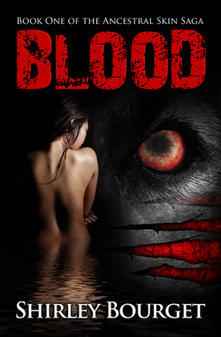 Click for Amazon page. When Tate entered a vision quest hoping to learn something that his Grandfather insists is vitally important, he never expected a nightmare! He had heard about Skin Walkers, but he never believed they were real... When Morningstar left her village, her dreams were to please her Ancestral God, and return as a potential bride and future mother to her people. However, motherhood always comes with a price... Three hundred years ago Yellow Bird Mountain didn't exist. Now it marks the location of the Makoce Indian Reservation, containing some of the riches oil deposits in the region. Russell Blanding wants that oil, and will stop at nothing to get it... Blood is the first volume in the Ancestral Skin Saga, and lays the foundational tale of Native American Skin Walkers with mystical creatures, and thrilling suspense. This Paranormal novel is laced with humor, romance, murder, and deceit. (This book contains material that some may find offensive. It is intended for mature audiences.) "Great writing, story and imagery. Enjoyed all the detail and visualization while reading. Loved this book, could not put it down once I started reading it." Excerpt She was running, racing through the trees with a speed unimaginable, and her feet barely seemed to touch the soft ground beneath her as she sprang over the forest floor. She smelled the deer although she couldn't see it. Her feet carried her to it without thought, turning her body in the direction she needed to go in order to follow its scent. Her surroundings were alive. She felt, heard, and tasted every blade of grass, every pine tree, and every stone. It was as though she had become one with the earth, and as she felt its energy flowing through her veins, she slowed her movements and lowered her head expectantly. The deer was munching on the tender shoots of new forest grass just to the right of her, and she hunched her back, pulling her head lower towards the ground as she approached. The startled animal raised its head and perked its ears, listening to the soft sound of her footfall, but it was too late. She sprang with lightning speed and had the deer by the neck before it could position its feet under its body to run away. Her teeth sank beneath its skin and the rush of blood drove her wild. She bit harder, shaking her powerful jaw to fasten her hold as she tore into the animal's neck. It wiggled beneath her but she covered it with her commanding body and forcefully pushed it to the ground. She held fast as it continued to struggle and as the life of the deer left its flesh, an electrical type current ran through her and she felt its essence return to the earth. All was quiet except for the sound of her own breathing as she stood motionless for a few moments over her kill. There was a fleeting moment of reverence as her mind understood the value of the gift she had just received, and she respected the offering with thankfulness. She tore at the flesh, devouring the soft meat at the deer's neck and chest in gusty mouthfuls. It was a savage experience that made her want to bath in the blood and absorb it into her being so that it mingled with her own...
Gone by Traci Tyne Hilton 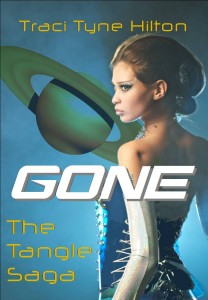 Click for Amazon page. From best selling mystery author Traci Tyne Hilton comes Gone, the first novel in The Tangle Saga series. One woman, heir to a throne back on Earth, found life on a remote space station a comfortable way to avoid responsibilities waiting back on her home planet. But when her rebellious teenaged brother and sister disappear her responsibilities catch up with her. Thousands of lives hang in the balance--including her own -- as she digs into the darkest corners in space. Can she find the missing kids before their rebellion sets off a chain of violence no one can stop? "I have to say, this is a keeper. I liked Verity. She was tough without having that over-the-top persona that some heroines have and fun to read." Excerpt "Thomas?" Verity knocked on the screen of his sleeping compartment. Her efforts were rewarded with a groan. She popped the steel blade of her defender and jimmied the door to the compartment open. Thomas lay on his side, moaning, his sandy hair hanging over his ashen face. His hands were bound together with shoelaces. Verity reached in and shook his shoulder, "Thomas? What happened?" The tutor's eyelids flickered. His mouth was slack but he groaned something that sounded like Tamsin. Had Tamsin slipped Thomas a mickey and then tied him up in his sleeping compartment? The idea beggared belief. "Where did they go, Thomas?" Verity stood on her toes and reached inside to untie the laces. He groaned again then said, "coffee" or something similar. "They went to the coffee shop?" Verity gave Thomas another shake. His eyes fluttered shut again. Verity pressed the palm of her hand to Thomas' forehead. He was clammy and cold. " Oh,Thomas, what happened?" She let her hand rest on his forehead for a moment. Could she really find them without Thomas? Her heart fluttered in her chest. She wouldn't think about without Thomas right now. She'd check the coffee instead. There was a coffee cup in the drinks holder of his sleeping compartment. Verity dipped her pointer finger in it, letting her embed-comm soak in a sample. She tapped the wall of the compartment and said, "Send sample data to chem-lab 52." Her comm crackled a little. The voice of the lab tech came through, "Is this Verity?" "It is. Could you run a scan on the data I just sent?" "Absolutely. Does this have something to do with your brother and sister?" The tech had a high-pitched note of panic in her voice. "Yes, probably. And they are going to be in serious trouble when I lay my hands on them." "Got it. Where do you want the results sent?" "To my data center and the nurse. Tell her to come to the tutors' lodging, district 9, Thomas Montcrief's pod if it looks like she'll be needed. Tell her I'm administering some charcoal, just in case." "Will do." The comm crackled again and the call ended. Verity stored the steel blade and dispensed a charcoal tablet from her all-in-one defense unit. Almost the last one. She'd have to remember to refill when she made it back home. Thomas didn't look like he'd be able to swallow the pill so she popped the capsule into the ejector, stuck the barrel in his slack mouth and sent the charcoal on its way to absorb whatever poison was still lurking in his stomach.
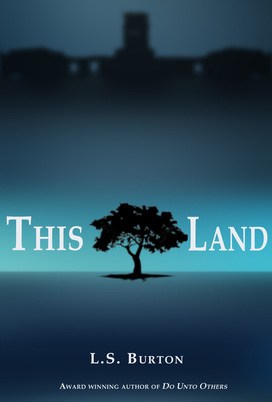 Click for description page. Pardon the roughness. I'm jumping the proverbial gun a little by posting. Hope you enjoy. The last fingers of the morning fog were slinking away, little waves collapsing on the shore like exhausted swimmers. Hunkered down behind the fishing boat, Stephen knew the longer he stayed near the dock, the deeper the acrid sting of the brine would burrow into his nostrils. He’d taste it all night, even in his sleep, and probably have dreams about stinking seaweed dragging him into the ocean. It was times like these that tested Stephen’s understanding of how to be a good priest of Banyon. As he saw it, he could put his trust in his judgement of people, that they were rational and straightforward, or he could put his trust in how the world worked: one day followed the next — tomorrow would be much the same as today. Because therein lay the problem. The day before had derailed spectacularly and had come crashing into this morning. Acolyte Daniel was still peeping over the edge of the boat, scanning the houses and the fish-drying rooms. If someone happened along then to see them, they’d look foolish. “What do you think, Daniel? Daniel was as sure as ever. “I don’t see anything. No, there’s definitely nothing there.” “No, about all of this. What do you think?” “Oh. No. There’s definitely no such thing as monsters.” Monsters, thought Stephen. Someone had finally said the word. Over the houses, Stephen could see the plume of pale orange rising from the hillside. Some of the men claimed it was a kind of smoke coming from a strange thing up in the woods. Like a big pimple just ... just sprung up out of the ground. “It was a northern rake,” said Daniel, “drifted down with the ice. That happens sometimes. The current brings them right past here. I’d be scared of a rake too. They get big. Have teeth the size of my fingers. They can take down gannocks over four times their size and rip them to shreds before they eat them. They have three stomachs, see....” That was the last Stephen heard before he tuned Daniel out and looked out over the glittering ocean. He wasn’t so sure the townspeople had seen a northern rake. At heart, he wanted to dismiss everything they had said — wave away all the strange talk about the animal, pat the dust off his robes, and run his errands the way he would normally; life wants to go on like that. But the people who’d come running to the monastery were hardy folk, faces carved by scouring winds, hands sculpted by pulling wet ropes out of the ocean, by pulverizing thick bread, by the hilts of fish-gutting knives. Not people to tell tall tales: people who would know a northern rake if one drifted in on a stray piece of pack-ice. Surely, half of them had seen it happen before, and had probably eaten rake-steaks for days afterward. Monsters. Banyon himself had only to believe that he wouldn’t die from thirst, that water would erupt from the bare stone about him. Even he hadn’t had to wrap his mind around monsters in a quaint place like Bay Banyon. Normally, the worst monsters found in town were the ugly clawfish the nets sometimes trawled up, with faces like fistfuls of nails. Too late in the season and they tasted terrible, and tended to give Stephen pungent gas. “Easy for you to say,” said Stephen, cutting into Daniel’s lecture arbitrarily, “your room is up near the tower. I’m down by the hall. All night people were wailing and pulling their hair out. I might have closed my eyes for a couple hours, maybe two. Up in the tower, see, it’s quiet. Down near the hall where I am, last night it sounded like a circus was going on in there. Now, it’s not so bad normally—” “People see all kinds of things that don’t really exist. This is a small town. People here were probably still seeing sea maidens and tree people until recently. They see a northern rake and they panic.” Sobbing and crying had crept stone to stone across the ancient quiet of Banyon hall, twenty people camped on the sacred steps. Few of them had brought food. Some of the women still holding their knitting needles. The men with their high rubber boots on their feet trampling the vegetables to relieve themselves in the corner of the yard when Mrs. Johnson took too long in the communal water room. Young Mrs. Cole had hardly said a word the past two days. She’d just curled up on the stone steps of Banyon’s chamber and talked quietly to herself. Talking to her absent husband, someone had said. Where her young daughter was, nobody would say. Stephen hated hearing her crying, and Old grumpy Ben Terra, gnashing his gums together and grinning at everyone, seemed determined to make the ordeal worse for everybody. Every so often, when the room had quietened, he’d smack his hands together loudly and yell, “Shooped up like a great blot of steam! Clamped down upon like two hands clapping in that great mouth of the beast, then SHOOP, there he went!” In the quiet of the great stone chamber, his hands clapping reverberated inside the ears like gunshots. The women scolded him. These gentle mothers of Bay Banyon with their ankle-length dresses and flower-print aprons had eyes like wild beasts when needed. He was scaring the children, they said. A man of his years should have better sense. But Old Ben Terra had been ignored in town too long to keep himself quiet. Before long he’d raise a ruckus again. Maybe not of the same sort, yet trouble nonetheless. What men weren’t out with their rifles only looked at their feet, not knowing their place. Stephen picked a yellow peeling of paint off the boat with his finger and shifted on the loose shore stones. His knees were starting to ache; the soles of his shoes were too thin and his feet could feel every lump. Daniel stood up and stretched his neck to look further. “It doesn’t exist … what they described. And it doesn’t make sense. It’s only about four hundred paces to the store. The front door is open. The sign’s still on it, even.” “That may be true, but I’m not so sure that—” “You got your robes on, Stephen. Trust in Banyon, right?” Stephen didn’t like the condescending tone in that. Daniel had missed the point of being a priest of Banyon altogether. It didn’t make him live with faith in the optimal outcome, it made him cocky and restless. “Okay ... but Banyon wasn’t stupid, Daniel. Seems to me that’s why the monastery’s on a peninsula, and there’s fifteen foot high walls around it.” Daniel scoffed. “To keep the gardens from being attacked, maybe. The walls by the road don’t even go anywhere.” “Well, they’re probably symbolic or something.” The waves hissed down at the beach and the stones clattered, reluctant to be drawn down by the white fingers of the surf. “See, said Daniel,” holding his hand to his ear, “if there were a northern rake anywhere near here, we’d have heard it scraping its front claws together by now….” Stephen stood slowly and stretched his legs, sliding his toes around against the rocks. He could feel his knees and ankles popping. Probably be crippled by fifty, he always said. It felt good to stand, but that orange column rising from the hill looked to be blowing towards them, and he felt exposed strolling along as if everything was normal. “Fine, you go on,” he said, “you be the brave one. I hope you don’t mind if I hang back a bit and stick close to the houses. I don’t got the young danglers that you got.” Quiet. That was true. An assault of quiet. The wind was waving in the far trees, the branches bowing their heads, and Stephen could hear dead leaves scraping across the pavement somewhere, and the tinkle of tiny rocks against a metal grate. Usually there’d be a crowd of men down by the dock, mending nets and spitting, gregarious, with thick fingers and impenetrable mumbled accents. He could ignore them until they weren’t there. Then their absence made him nervous. Back at the monastery, he’d counted nearly twenty people before their milling had ruined his tally, but that left nearly three times that many unaccounted for. Down the road all the doors were closed, the houses quiet. Where was the clatter of dishes being put away after breakfast, the squeak of clothes being fed out to a backyard line? And now that he thought about it, no whistle fish were singing down by the beach. Nor was there a single cheep to be heard from a gray-wing overhead. Inside every house, he saw only pictures and chairs and dishes, sewing machines and pipes on windowsills. These were dolls’ houses. He wanted somebody, anybody, to be around, and he wanted them to come ambling around a corner carrying their potatoes in an old shirt, not to be found hiding in a closet, or running for their life. If this was all a joke, he was tired of it. He decided he would not call out, and wouldn’t mention the quiet to Daniel either. The boy would start yodeling over the rooftops with his next breath. He’d been glad to take Daniel and escape the Banyoners invading his home. Another hour tending to the braying of Mrs. Johnson and they’d have been prying his hands off her throat. The people of Bay Banyon had never been friends to him, but he found himself wishing for a sidelong glance from a window, a sneer from an open upstairs door. He didn’t like being nervous, and wanted to be at home, hoeing in the garden and making repairs to their crumbling monastery; he missed the tedium of his morning rituals. An orange stain roughly two arm-spans wide was slowly running off the side of the outside wall of the store. Some of it had apparently washed away with the rain the night before, but it looked to have soaked into the boards underneath. Shooped up like a great blot of steam! “This is going to take some paint,” said Daniel. He plowed his finger through the orange sheen and it looked viscous and slippery. Daniel sniffed it and coughed immediately. “Ugh, that smells like a jeck’s udder.” Not wanting to wipe it on his pants, he wiped his finger crisscross against the doorframe. SHOOP! There he went. Gone! “Ahh, my finger still smells!” “Not so loud.” Stephen couldn’t get the sound of grumpy old Ben Terra clapping out of his head. Gone! Just like that. Gone! Clap! Gone! Today I was directed to a Tumblir site making fun of Bad Book Covers. Or, as it says, lousy book covers. Trolling through them however, I thought a few of them simply didn't belong. To me they seemed homages to the science fiction book covers of the 1960s and 1970s. 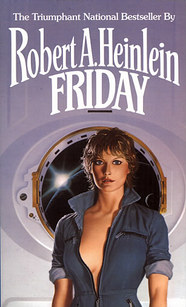 I read it for the articles. Which, in my opinion, are great. Make no mistake, I'm well acquainted with those. On many occasions I've come across books -- often wonderful critiques of society as a whole, great anthropological fiction, or early thought-experiments on how technological society is changing us all -- that I've simply been too embarrassed to buy because of their covers. I couldn't bring myself to hand the book to the clerk and say, "Yes, I am interested in purchasing this. Here is real money." Heinlein's Friday comes to mind immediately. Many times, while delving deep into second-hand shelves in tiny bookstores in small towns in northern places, I came across this book, and always considered buying it. But nope. Never did. Probably never will. Heinlein is famous for his space floozies, as I'll try to demonstrate below. Some of his books should have come in brown paper bags. I have a number of examples of interesting old book covers, but science fiction covers of the 1950s, 60s, and 70s, seem to epitomize a certain way of thinking. Essentially, the way I see it, many science fiction publishers didn't take their own genre seriously. When it came time to produce covers for what often became classic works of the genre, this is basically how I imagine their line of thinking went: QUESTION: Who reads science fiction? ANSWER: Adolescent boys. QUESTION: What do adolescent boys like? ANSWER: Spaceships. And girls.
|
I'm not quite sure what's happening in the covers below, but it sure is 'spacey.' I've noticed that Niven's name tends to get a little heavy around the middle.
John Berkey's work is generally considered classic these days. With a little digging, I've learned he designed the I, Robot cover above.
Chris Foss is the designer for the Foundation cover, which is also a good early example of orange-blue constrast.
Older John Wyndham's books usually have classic examples of space ships and sciency stuff as well:
Some of his more recent editions, however, disappoint in that they attempt to portray what the reader could expect from THE ACTUAL BOOK. I guess that's the Penguin influence.
__Salacious, Naked Beats, and Soft Lighting__
Now there' s a heading that demands attention.
I've always loved Jack Kerouac. Cliche, I know. I don't care. I love his writing. That everything he published, with the exception of The Town and the City, is a first draft still blows my mind.
Don't try this at home, kids.
When he exploded on the scene back in the 1950s, it was a turnaround for established literary circles. Sure, he wrote like jazz, like closing your eyes and seeing colors, but he wrote about youth and adventure, often in a free-spirited, devil-may-care manner. It was a mainstream embracing of counter-culture.
The first edition of On the Road is a rather severe, classy, black cover, a cover that goes to church on Sunday and hardly ever says swears. These paperbacks, however, seems to be pushing another angle altogether. I only have three old Kerouac paperbacks, and I have five nekkid ladies.
I've always loved Jack Kerouac. Cliche, I know. I don't care. I love his writing. That everything he published, with the exception of The Town and the City, is a first draft still blows my mind.
Don't try this at home, kids.
When he exploded on the scene back in the 1950s, it was a turnaround for established literary circles. Sure, he wrote like jazz, like closing your eyes and seeing colors, but he wrote about youth and adventure, often in a free-spirited, devil-may-care manner. It was a mainstream embracing of counter-culture.
The first edition of On the Road is a rather severe, classy, black cover, a cover that goes to church on Sunday and hardly ever says swears. These paperbacks, however, seems to be pushing another angle altogether. I only have three old Kerouac paperbacks, and I have five nekkid ladies.
Ladies and gentlemen of the 1960s, buy these steamy paperbacks to find out what your kids are doing: posing nekkid with strange floating houseplants. Mind you, come to think of it, the cover for The Subterraneans was probably pretty risque for the time (1966).
By 1962, John Steinbeck, another of my favorite writerly gentlemen, had a Nobel prize. Win that kind of recognition and your covers begin to take on a friendly, earthy atmosphere, lit with a soft glow.
Of course, every once in a while, even Nobel prize winners get the nekkid lady treatment.
__Wells, Wells, Wells ...__
From these next three, I take the lesson that if your work survives long enough to be recognized by pretty much everyone, your publisher may actually read the book and okay a cogent cover.
... well, we can't help you there.
__Power Font__
LARRY NIVEN WANTS TO PUNCH YOU IN THE FACE WITH HIS TITLES!
The cover designer for these bad boys had heavy metal in his soul. These are covers that head-bang to Black Sabbath, that have Slash on speed dial. In truth, Lucifer's Hammer probably shouldn't be included in this list as it's a little too new. Yes, it was first published in the 1970s, but this edition was published in1993.
Essentially, I'm pointing out that this sort of thing has been going on for quite a while now. And it needs to stop.
Seriously. Stop it.
Also, it's a really good example of how book design gets recycled.
__A Huzzah For the Rest__
I think for any other author, these two covers would be laughably cheezy, but for Lovecraft they're absolutely perfect.
On my shelf I discovered these great 1960's paperbacks of The Aeneid and The Iliad that I never knew I had. Any designer these days, with current trends in book covers in mind, will tell you that the Iliad cover is too busy, potentially has too many colors, and not enough empty space to draw the eye to where you want it to be. I think that's unfortunate. Because this cover is fantastic. I'd hang that on my wall.
And with that, I'm out of my best examples of fun old book covers.
Not exactly an anthropological study, but a fun visit through the furthest antipodes of my bookshelves. Sad to say, but with e-readers gaining more and more widespread adoption, it won't be much longer before nostalgic digs such as this one become virtually impossible.
Okay, now I have armloads of books stacked on my desk that I need to reshelve. Hope you enjoyed.
Okay, now I have armloads of books stacked on my desk that I need to reshelve. Hope you enjoyed.
L.S. Burton
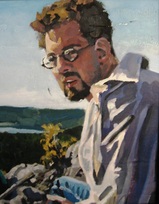 Farewell, third person bio.
Farewell, third person bio.
Lee Burton doesn't have cats or kids, but he does have a lot of books, a couple of mugs he thinks are really fantastic, and a good pair of shoes which haven't fallen apart yet despite his best efforts to murder them with kilometers.
Burton has written almost six books. Almost six as some are still scantily clad in their respective drawers. Each of them had their own goals and were written differently, and he is very fond of them all -- except perhaps for his first attempt at a novel, which remains a travesty. That one he keeps locked in a dark basement and feeds it fish heads.
In 2011, Burton won the Percy Janes Award for Best Unpublished First Novel in the Newfoundland and Labrador Arts and Letters Competition for his novel Raw Flesh in the Rising.
And just recently, in the fall of 2013, Burton published his first science-fiction novel, THIS LAND, about which he boasts constantly.
Burton has written almost six books. Almost six as some are still scantily clad in their respective drawers. Each of them had their own goals and were written differently, and he is very fond of them all -- except perhaps for his first attempt at a novel, which remains a travesty. That one he keeps locked in a dark basement and feeds it fish heads.
In 2011, Burton won the Percy Janes Award for Best Unpublished First Novel in the Newfoundland and Labrador Arts and Letters Competition for his novel Raw Flesh in the Rising.
And just recently, in the fall of 2013, Burton published his first science-fiction novel, THIS LAND, about which he boasts constantly.
Available at Amazon
Store
Now Free
on Paper Seraglio
Archives
March 2014
February 2014
January 2014
October 2013
September 2013
August 2013
July 2013
May 2013
April 2013
March 2013
February 2013
January 2013
December 2012
November 2012
October 2012
September 2012
August 2012
July 2012
Categories
All
Anthropology
Article
A Thought
Attempted Wit
Book Covers
Books
Ebooks
Excerpt
Funny
Grammar
History
Interview
Literary
Lovecraft
Newfoundland
Popular
Published Piece
Saturday Showcase
Science
Science Fiction
Short Story
Systematic Rube
This Land
Video
Writing
